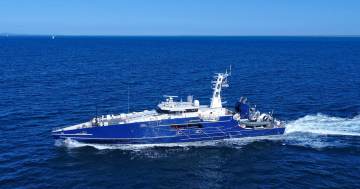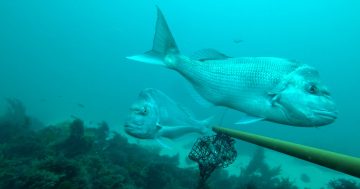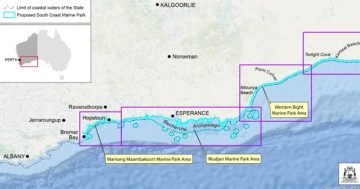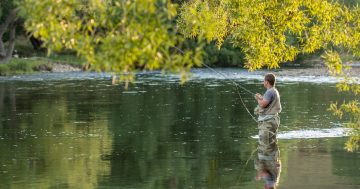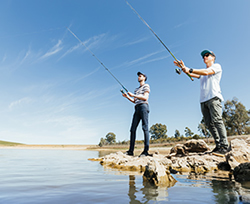 Recreational fishers have higher levels of wellbeing than non-fishers, according to the results of a national survey by the Australian Bureau of Agricultural and Resource Economics and Sciences (ABARES).
Recreational fishers have higher levels of wellbeing than non-fishers, according to the results of a national survey by the Australian Bureau of Agricultural and Resource Economics and Sciences (ABARES).
Executive Director of ABARES, Jared Greenville said the National Social and Economic Survey of Recreational Fishers, conducted with the University of Canberra and the Australian Recreational Fishing Foundation, was the first national survey of its type in over 20 years.
“A total of 4.2 million or one in five adult Australians were estimated to participate in recreational fishing each year,” Dr Greenville said.
“The number of recreational fishers has increased since 2000 as the population has also increased, however the proportion of fishers has remained relatively stable overall,” he said.
“Australians were estimated to spend 28 million days fishing each year.”
Dr Greenville said that while most recreational fishers fished fewer than five days a year, a small proportion fished more than 52 days a year.
He said recreational fishers were found to have, on average, higher levels of wellbeing than non-fishers, and those who fished more often had higher wellbeing.
“Recreational fishing appeared to support positive social connections, nature connection, relaxation and can help achieve recommended levels of physical activity,” the Executive Director said.
“The survey results also showed that most Australians have a positive outlook on recreational fishing, with 79 per cent of Australian adults considering recreational fishing to be an acceptable activity,” he said.
“Recreational fishers also contribute to environmental stewardship by picking up rubbish when out fishing, while some participate in habitat restoration activities or donate to organisations trying to improve aquatic health.”
The survey results can be accessed at this PS News link.




